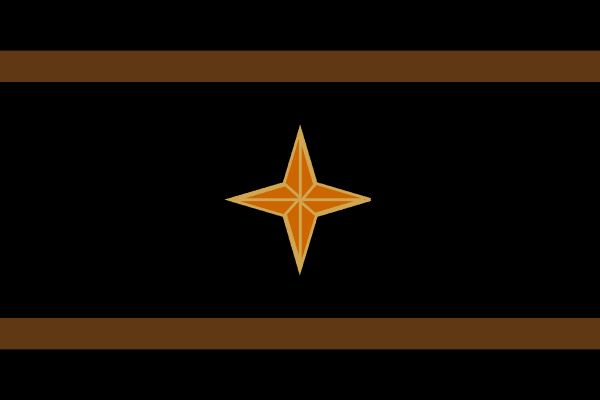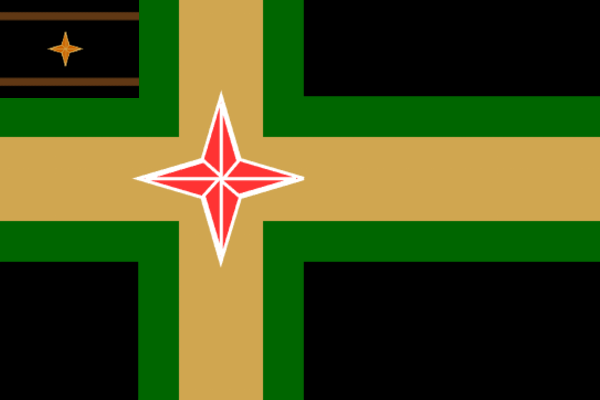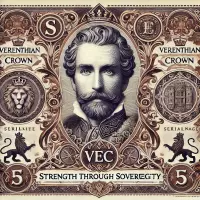| History: |
Origins and Early Civilization (Pre-1000s)
The land that would become Verenthia was home to early agrarian societies, thriving along fertile river valleys and dense forests. Ancient Verenthians developed a distinct culture, independent of neighboring civilizations, due to the region’s rugged geography and self-sufficient communities.
By the early medieval period, fragmented city-states and feudal lords ruled over Verenthia, constantly vying for power. These factions followed the teachings of Baaism, a deeply spiritual and hierarchical religion that emphasized divine kingship, discipline, and self-reliance.
Unification and the Rise of the Absolute Monarchy (1100s–1400s)
In the late 12th century, King Aedric I of House Valtheron emerged as the dominant ruler, uniting the warring states through a combination of diplomacy, military conquest, and religious legitimacy. Declaring himself the Divine Sovereign, Aedric established Verenthia’s first centralized monarchy, solidifying Baaism as the state religion and instituting strict laws against foreign influence.
Over the next few centuries, the monarchy expanded its power, constructing grand cities, imposing a rigid class structure, and developing an early economic system based on agriculture and skilled craftsmanship.
The War of the Three Crowns (1500s)
A major succession crisis in the 16th century led to the War of the Three Crowns, a brutal civil war between three rival heirs. The war devastated the countryside and led to widespread famine and instability. Eventually, Queen Lysara the Iron-Willed claimed victory, restoring order and reinforcing the monarchy’s authority. She enacted major reforms, strengthening Verenthia’s industrial capacity while maintaining its agricultural backbone.
The Merchant Wars and Economic Expansion (1600s–1700s)
Despite its isolationist stance, Verenthia engaged in trade conflicts with neighboring states, often clashing over vital resources such as iron, timber, and grain. The Merchant Wars of the 17th and 18th centuries saw Verenthian fleets battling rival traders in the seas and enforcing strict trade laws that prevented foreign goods from entering the kingdom.
This era saw rapid economic growth, with factories and large-scale farms developing under the monarchy’s careful supervision. However, tensions simmered between the ruling elite and the growing industrial class, who demanded more economic freedoms.
The Great Revolt and the Solidification of Power (1800s)
By the early 19th century, discontent among workers and farmers erupted into the Great Revolt of 1824. Mass uprisings and labor strikes threatened to topple the monarchy, but King Valerian IV crushed the rebellion through sheer military force, reaffirming absolute rule. In response, the monarchy established strict labor laws, ensuring industrial and agricultural stability while suppressing dissent.
Despite internal strife, Verenthia thrived as a self-sufficient powerhouse, producing steel, textiles, and advanced farming techniques that sustained its growing population.
Modern Verenthia and the Isolationist Doctrine (1900s–Present)
As Europe modernized, Verenthia remained staunchly independent, refusing to align with any global powers. The Isolationist Doctrine of 1921 outlawed foreign influence, banning international corporations, foreign media, and external political ideologies. The monarchy maintained strict control over all aspects of life, ensuring that Verenthian traditions remained intact.
Today, Verenthia stands as a highly industrialized yet deeply traditional nation, ruled by an unchallenged monarchy and driven by a devotion to Baaism. While conflicts occasionally arise over trade and resources, the kingdom remains fiercely protective of its sovereignty, unwilling to bend to outside pressures. |



















